The U.S. needs to reflect on itself, instead of styling itself as a judge and wantonly meddling in other countries’ internal affairs by wielding the big stick of “human rights,” Wang Wenbin, spokesperson of the Chinese Foreign Ministry, said on Wednesday after the U.S. announced on Tuesday that it would impose visa restrictions on Chinese officials over the so-called forcible assimilation of children in boarding schools in Southwest China's Tibet Autonomous Region.
Commenting on queries related to the issue, Wang said at a routine press conference on Wednesday that China strongly opposes and condemns the illegal sanctions imposed on officials on the Tibet issue, which gravely interferes in China's internal affairs, harms China’s interests, and violates basic norms governing international relations.
The human rights conditions in Tibet are at their historical best, as witnessed by the international community. The region has long enjoyed a booming economy, harmonious and stable society, and effective protection and promotion of cultural heritage. The rights and freedoms of all ethnic groups, including the freedom of religious belief and the freedom to use and develop their ethnic groups’ spoken and written languages, are fully protected, Wang said.
A team of reporters from the Global Times conducted a site investigation in Tibet in March. According to their observations, the scattered population makes it difficult to build schools nearby, and the mountainous terrain poses a great challenge for students getting to school. These are the two main reasons for operating boarding schools in Tibet.
Wang said that the boarding schools in Tibet are examples of human rights and cultural heritage protection. The so-called forced assimilation is pure fabrication.
Wang noted that in contrast, throughout the U.S. history, more than 4.7 million Native Americans were slaughtered, and people of Asian and African descent and other ethnic communities suffer daily from the scourge of racial discrimination. In recent years, the U.S.’s armed invasion has led to millions of casualties in Afghanistan, Iraq, Libya and Syria, Wang said.
Li Haidong, a professor at the China Foreign Affairs University, told the Global Times on Wednesday that the purpose of the visa restrictions imposed by the U.S. is to provide support and encouragement to separatist forces in Tibet, allowing them to continue to accuse China of lacking democratic governance.
The U.S. wants to use Tibet-related affairs to promote the Balkanization of China, ultimately causing the country to split, so that China cannot challenge the U.S.' leading position, Li said.
“I need to stress that Tibet-related affairs are purely China’s internal affairs that brook no foreign interference. The U.S. needs to respect facts, fulfill its commitment on Tibet, stop using Tibet-related issues to meddle in China’s internal affairs and undermine China’s interests, and immediately withdraw its wrong decision. Otherwise, there will be a resolute response from China,” Wang the foreign ministry spokesperson warned on Wednesday.










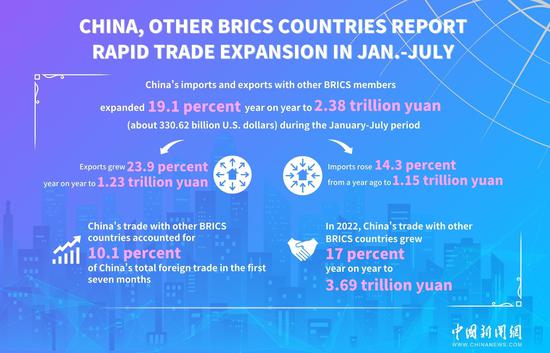
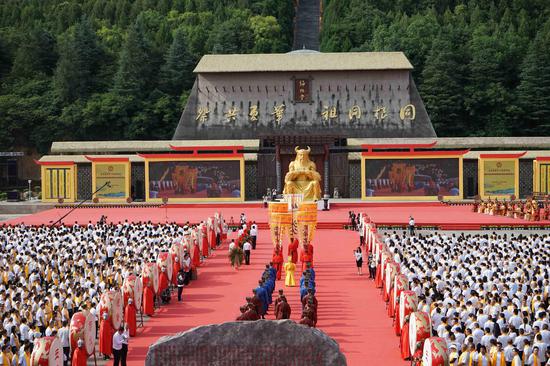


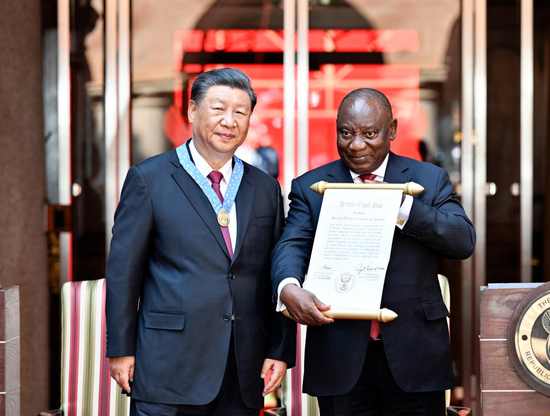







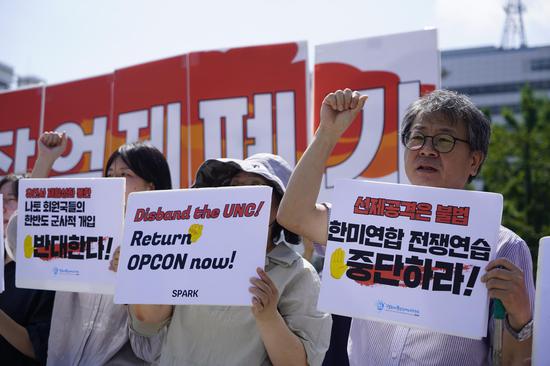

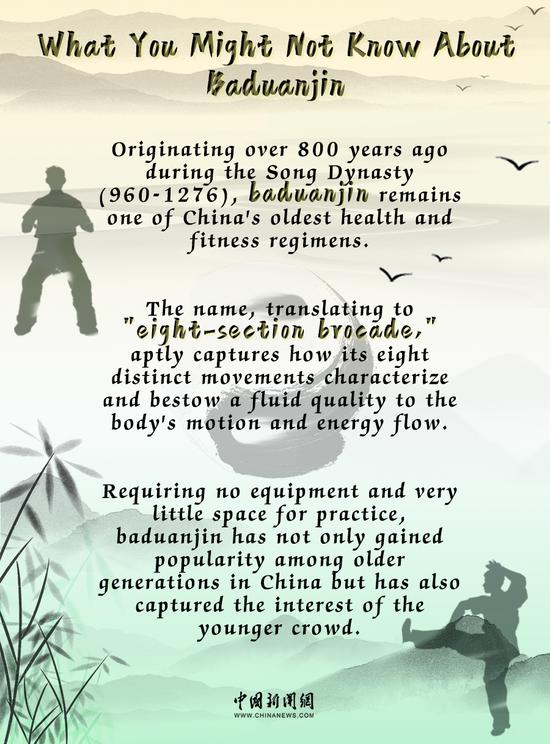









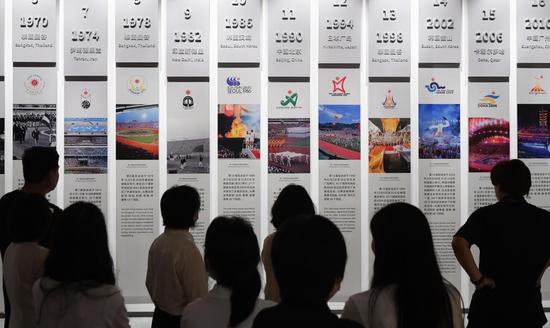
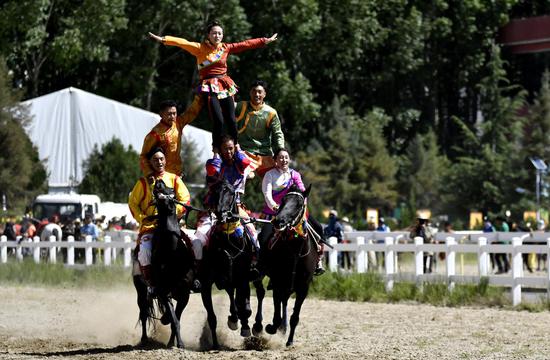




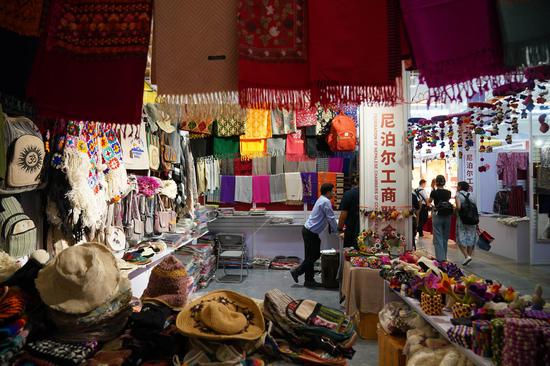


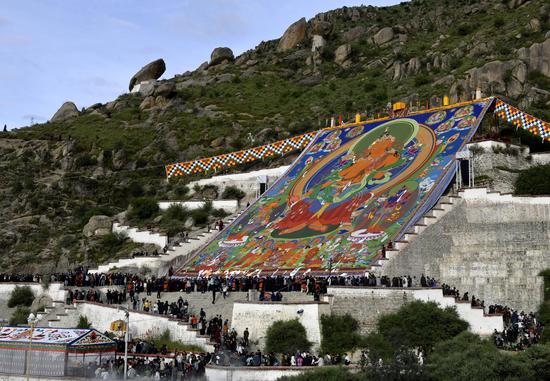






 京公网安备 11010202009201号
京公网安备 11010202009201号